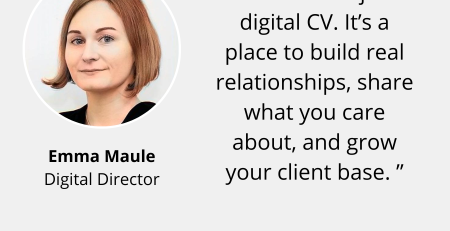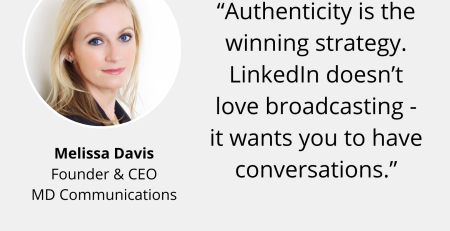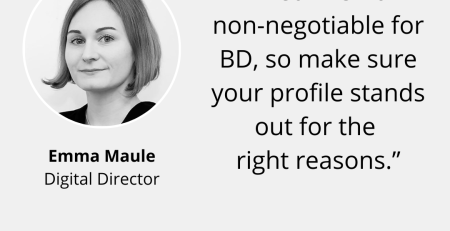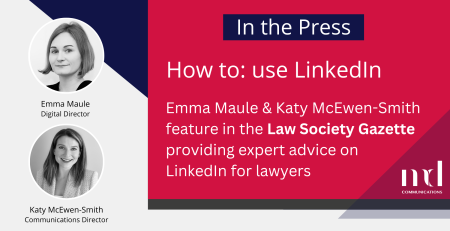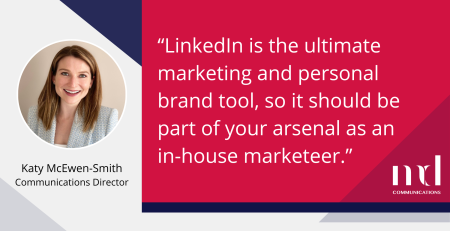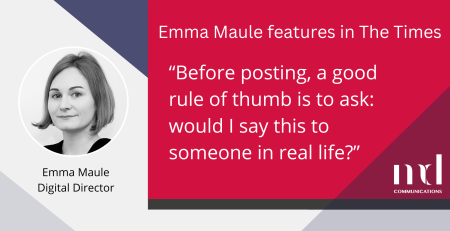The tabloid allegations surrounding Lord Sewell this week put me in mind of a great book I read recently called So You’ve Been Publicly Shamed, by Jon Ronson.
In the book, Ronson catalogues a series of very public shamings, historically, and to the present day, where social media is the modern equivalent to the stocks. In many of the cases he documents, the ‘crime’ in question is not actually that heinous, but what is clear from Ronson’s book is that one ill-thought out tweet is enough to ruin everything.
Twitter is not like a court room- there is no judge, no jury, but what you can face is an angry, collective mob intent on taking you down with little more than a click and nary a backwards glance. It’s tough, relentless and it is usually very unfair.
And as the front pages of The Sun have also demonstrated this week, the traditional media still packs a punch when it comes to the big stories. Days after the images featuring Lord Sewell in….allegedly compromising positions (mild understatement) he has been forced to reconsider his…. usual position in the House of Lords. But what about the rest of us, unlikely to attract the attentions of undercover reporters? By putting ourselves on social media are we risking our reputation, our livelihood every time we Tweet?
You could ask Justine Sacco, a PR from the USA with a handful of Twitter followers, who has seen her life destroyed because of one Tweet. In case you have forgotten, Justine, who was communications director of an internet company, wrote a poor taste Tweet before catching a flight to Africa.
Going to Africa. Hope I don’t get AIDS. Just kidding. I’m white!
In what has since gone down in Twitter folklore, the PR then boarded the flight, and while in the air, free of internet access, was ripped to pieces on Twitter and then the mainstream media.
By the time her aircraft landed in Africa, her comments had been re-tweeted over 2,000 times and was trending with its own hashtag; #HasJustineLandedYet. I bet turning on her phone was a fun experience…
She wrote the tweet on a Friday. On the Saturday, she was dismissed from her job.
All it takes is one retweet and your entire reputation could be ruined. This is a hugely frightening prospect. Even by virtue of me writing about Sacco, over a year on, in London, demonstrates the longevity of a Twitter shaming. And she is by no means alone. A google search will throw up hundreds of similar tales of regret and modern day cyber lynching.
It’s obvious, but prevention is better than cure. It’s so important to be aware that everything you post on public internet forums is just that- public, and deleting is usually too late thanks to retweets and screen shots. While stifling debate and free speech is not desirable by any means, you must think about what you’re writing, and how it could be interpreted.. Your 50 followers may get your sense of humour and intentions, but the Twitterverse may not.
So, should you delete all online accounts and spend eternity in a remote cave drawing on the walls and talking to a football with a face painted on it? There’s no need to do anything so drastic. Instead, be mindful of what you put out there. We think the basic starting points are:
Don’t Tweet when drunk. Just don’t. Eat pizza, play Twister with your strange housemate, text all your exes if you must but don’t put anything online.
Don’t Tweet in anger. A knee-jerk reaction can look so bad in isolation. Deep breaths, please and think calm thoughts.
Think about your wording. Could it be misinterpreted by people who don’t know you? Don’t write anything you wouldn’t happily repeat to a stranger you just met at a dinner party.
But essentially, if you DO find yourself in the firing line of a public backlash, call us….or if you do use twitter to get in touch please make sure it’s a DM.


